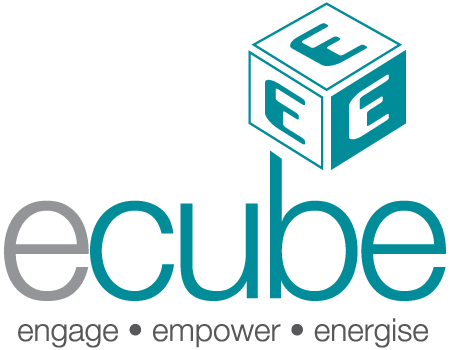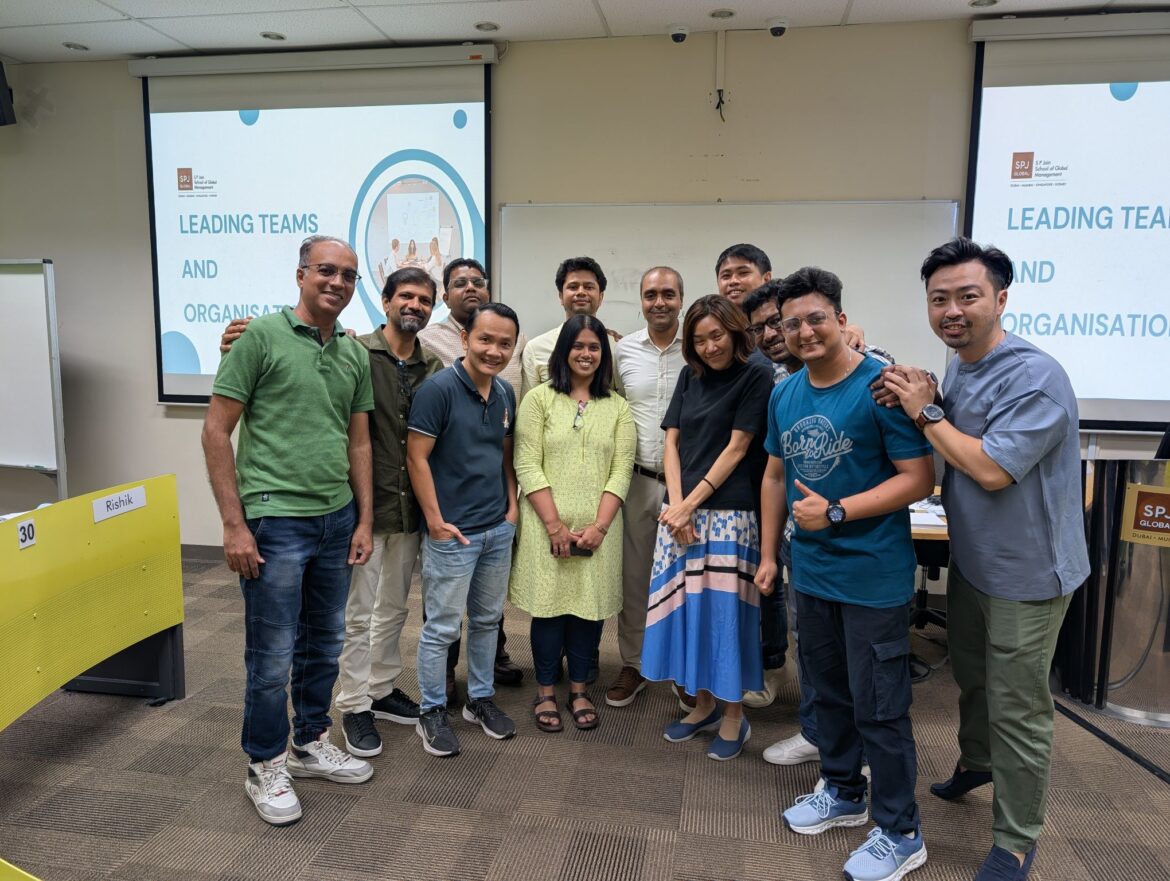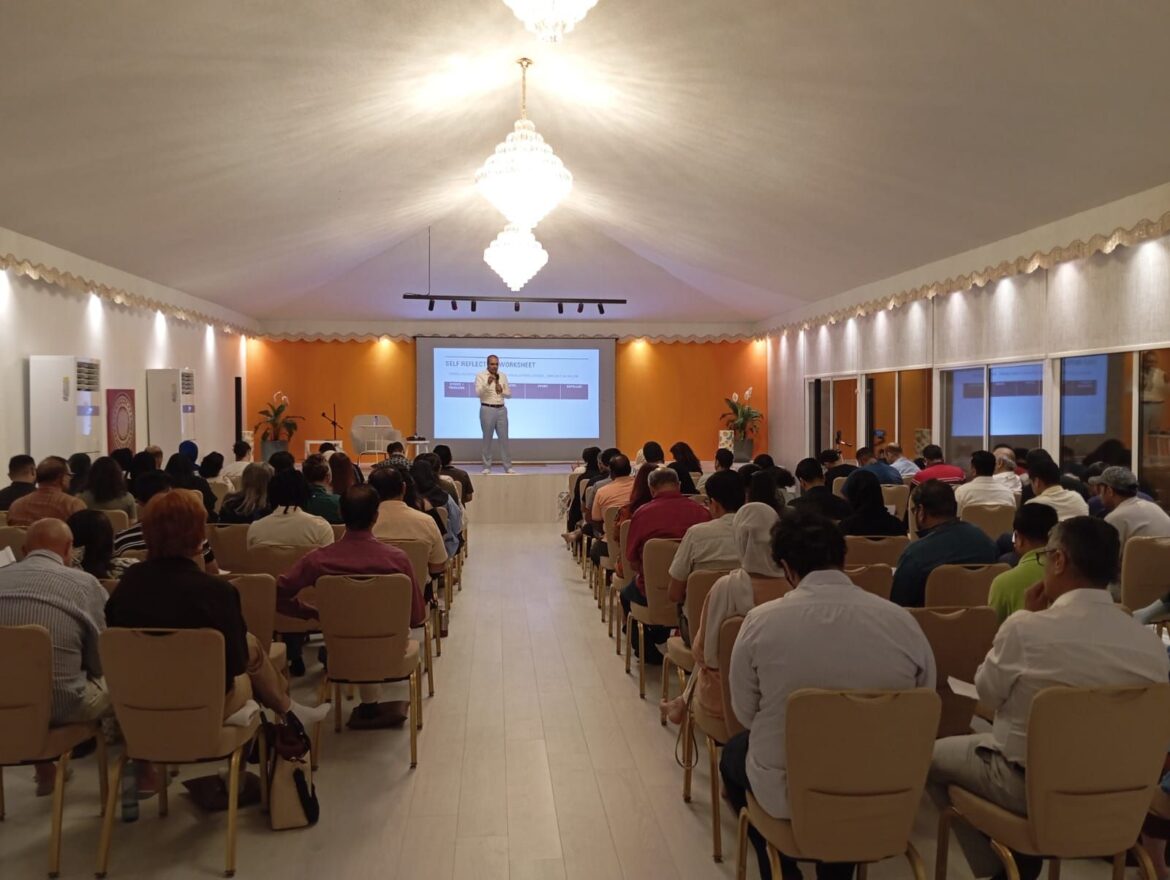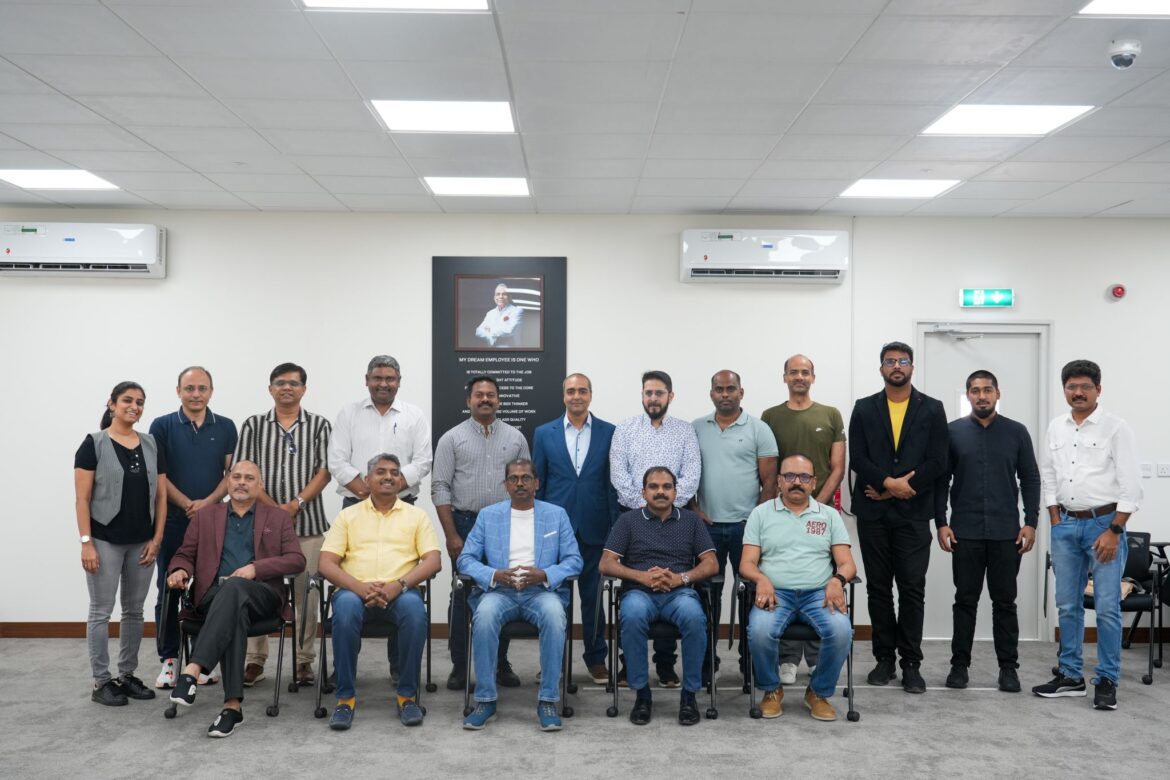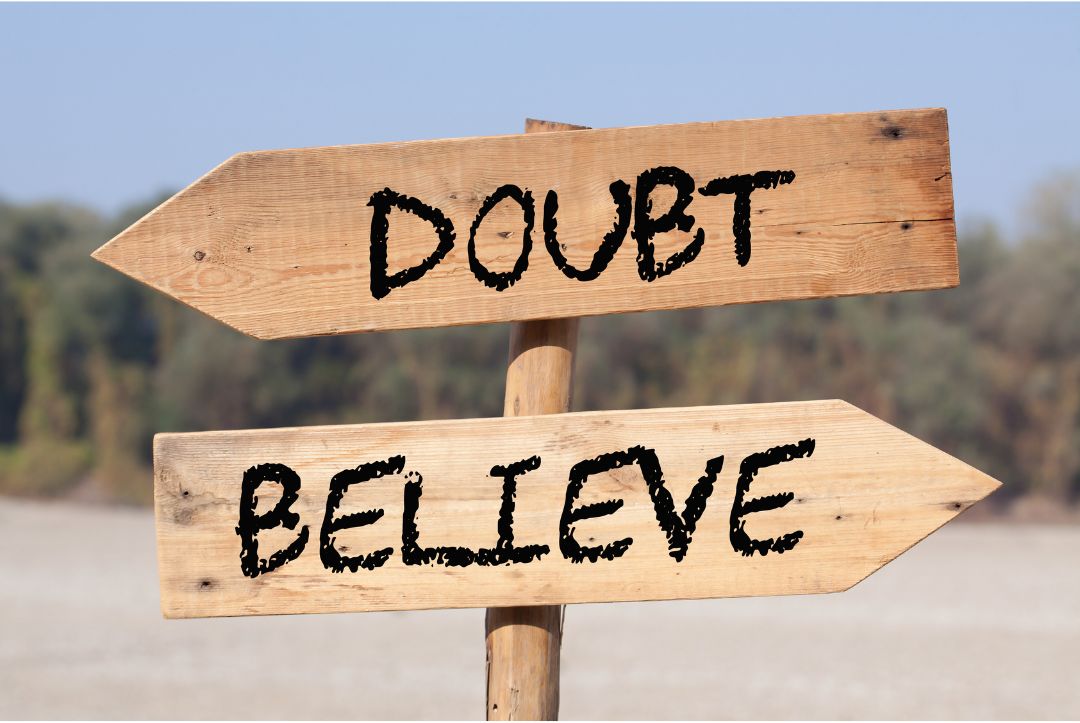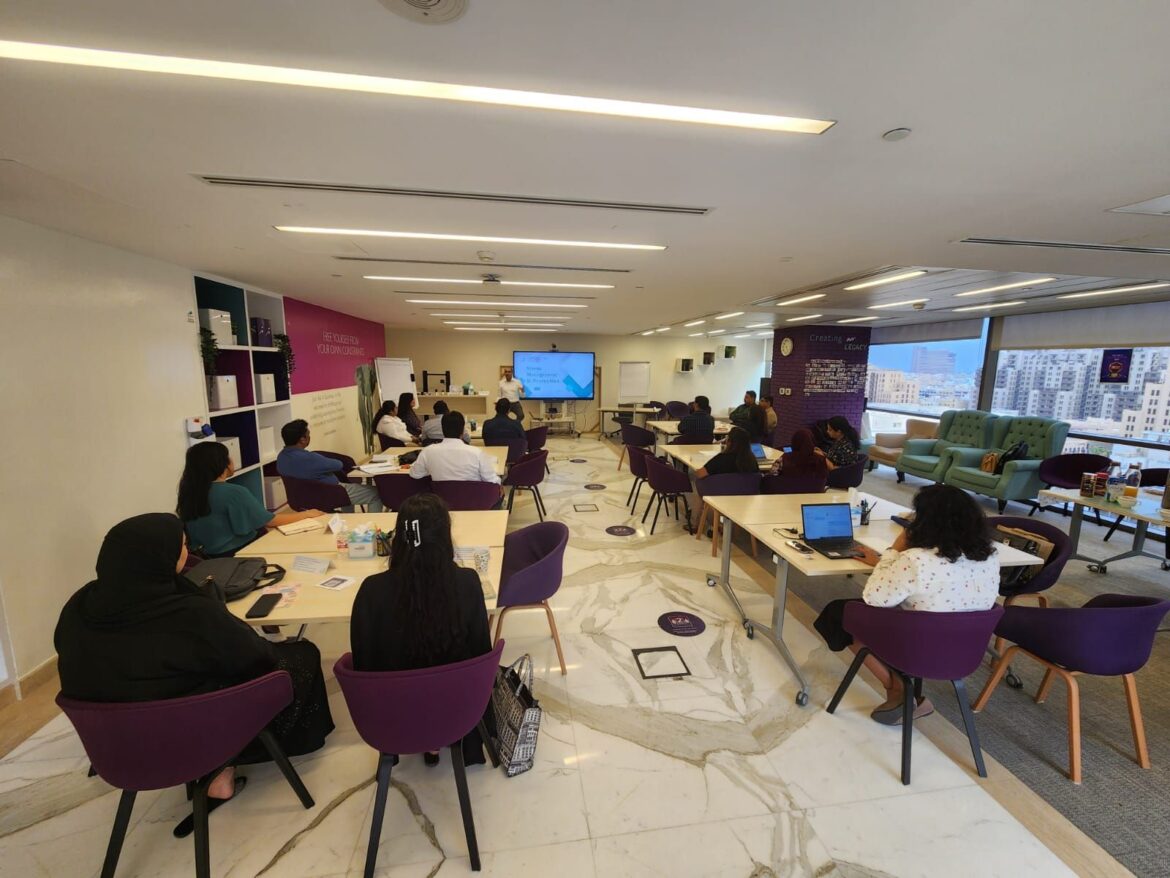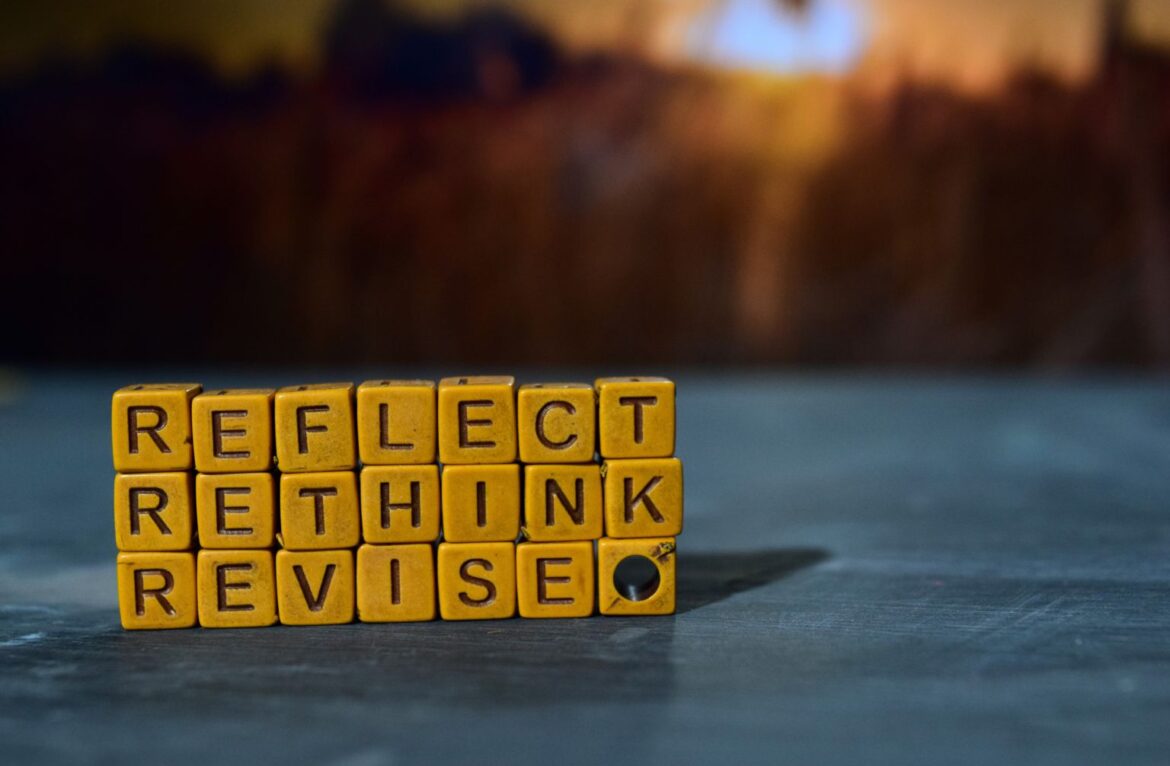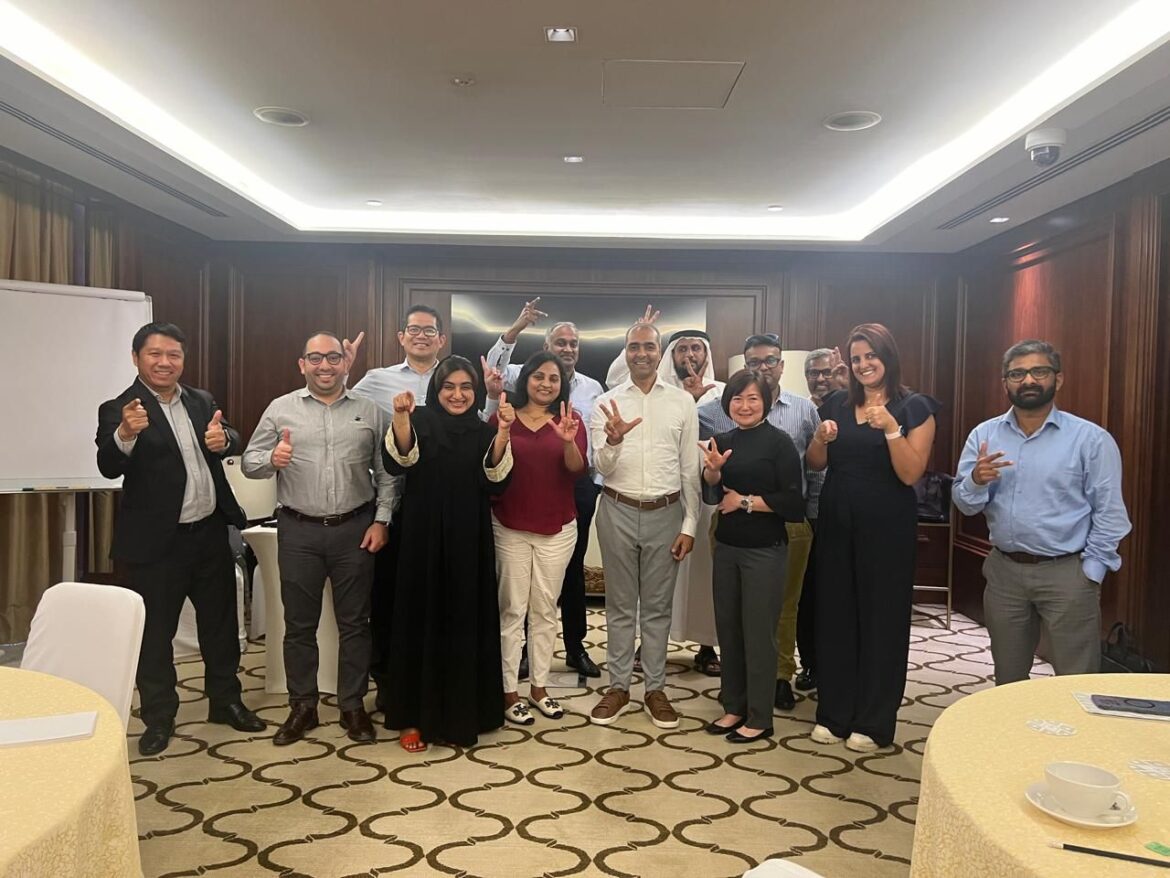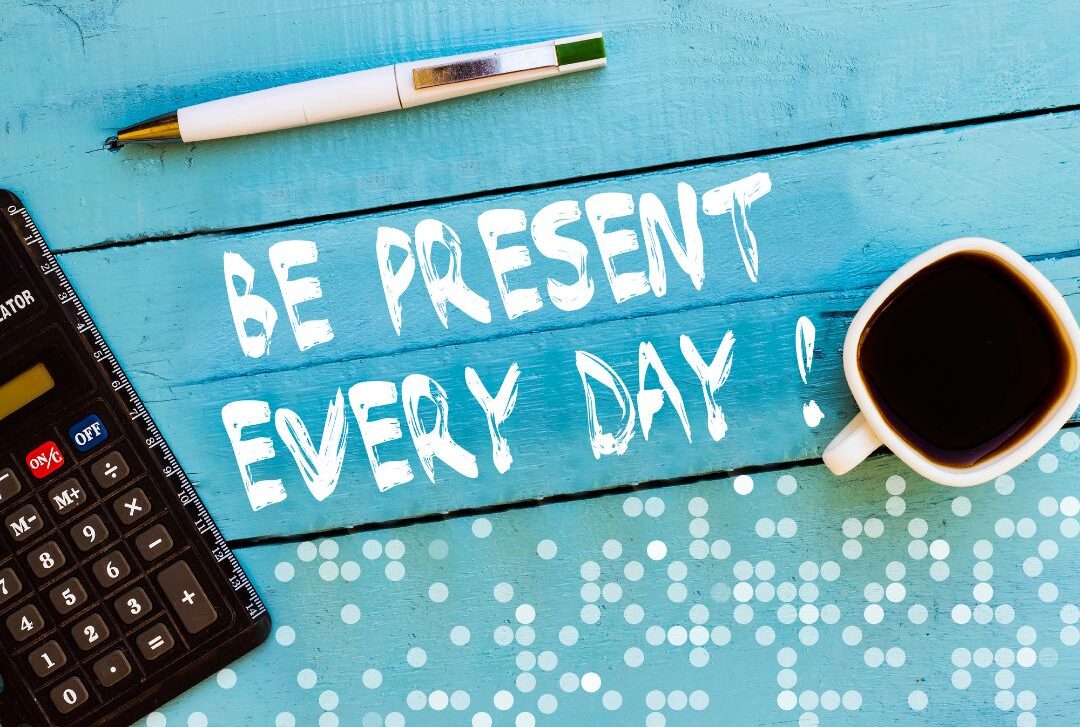Just wrapped up an energising session in Singapore with a diverse group of leaders from across Asia—Singapore, China, Vietnam, India—on Leading Teams and Organisations.
We explored how facilitative leadership builds psychological safety, unlocking innovation, creativity, and even the freedom to fail without fear. Real empowerment, we discovered, comes with clear communication and thoughtful intention.
A highlight was the HBR Mt. Everest Simulation—a powerful exercise in balancing individual goals, team dynamics, and leadership strategy. It revealed the leader’s role in managing information, directing process, and motivating peak performance under pressure.
We also explored Belbin’s team roles, the various hats a leader wears, and how leadership style must adapt to its context.
Personally, I loved being in Singapore!
Deeply inspired by its discipline, cultural richness, and the professionalism of the people. So much to learn from, and so much to appreciate.
growth
We often think of anger as a natural response; something inevitable when people don’t listen, when expectations are not met, or when situations feel unfair.
But
What if anger isn’t actually about the trigger at all?
What if it’s about the story we tell ourselves about that trigger?
At a recent session I led at the Bahrain Meditation Centre titled “Overcoming_Anger: Taming the Inner Fire,” we explored this very question.
Over two days, we created a deeply reflective space where participants could examine the emotional and cognitive roots of anger, not just from a behavioural lens, but from a spiritual and psychological one.
💥 We began by acknowledging that there are real situations where anger may be justified
injustice,
abuse, or
danger.
But for most of us, everyday anger comes from far less serious events:
Someone cuts in line
A colleague doesn’t meet a deadline
A mobile phone rings in a silent theatre
The core insight?
Triggers don’t create anger. Interpretations do.
And interpretations come from our internal narrative.
We don’t get angry at facts.
We get angry at the meaning we assign to them.
🧠 Reframing the Story
Through shared reflection, we looked at how to:
Pause and step back from the heat of the moment
Strip away the story, and look at the facts
Reframe the trigger in a way that preserves our peace
Choose a response rather than react impulsively
This ability to shift perspective is a powerful tool for emotional mastery.
🎯 The Role of Communication
We also discovered how much anger stems from poor communication.
So often, people don’t act maliciously, they don’t understand what we mean. A few simple shifts – summarising expectations, confirming understanding, or asking clarifying questions – can prevent weeks of frustration.
Anger is often the smoke signal of unmet needs:
The need to be respected
The need to be heard
The need to feel valued
We explored how, instead of expecting others to meet those needs, we can begin to meet them ourselves through self-respect, self-appreciation, and self-validation.
🌿 Returning to Peace
The most powerful part of the session was reconnecting with the truth of who we are. Beneath the temporary storms of emotion, I am peace. Anger is not my identity; it’s a momentary cloud that obscures the sun.
Through guided meditations, moments of silence, and conscious pauses, participants experienced the peace that lives at their core. From that space, transformation becomes not just possible – it becomes natural.
The feedback was deeply moving.
People shared that they felt empowered, calm, and in control – not because anger was “managed,” but because it was understood, reframed, and ultimately transcended.
✨ Because when we reconnect with our inner peace, we don’t just tame the fire; we become the light.
Leadership is not about telling, it is about asking.
It is about creating space for others to think, grow, and step into their own potential.
Recently, I had the privilege of working with the top leaders at Sobha Constructions, guiding them through a transformative session on Leading Others.
The focus?
.
Moving from directive leadership to a coaching-based approach—where powerful questions spark reflection, and meaningful conversations unlock growth.
When leaders shift from instruction to inquiry, they don’t just lead; they build future leaders.
They elevate their teams, creating a culture of empowerment, trust, and continuous learning.
And at the heart of it all?
Being deeply aligned with our values, because great leadership starts from within.
The real challenge is not just managing people; it is inspiring them to lead.
And that is the kind of leadership that creates lasting impact.
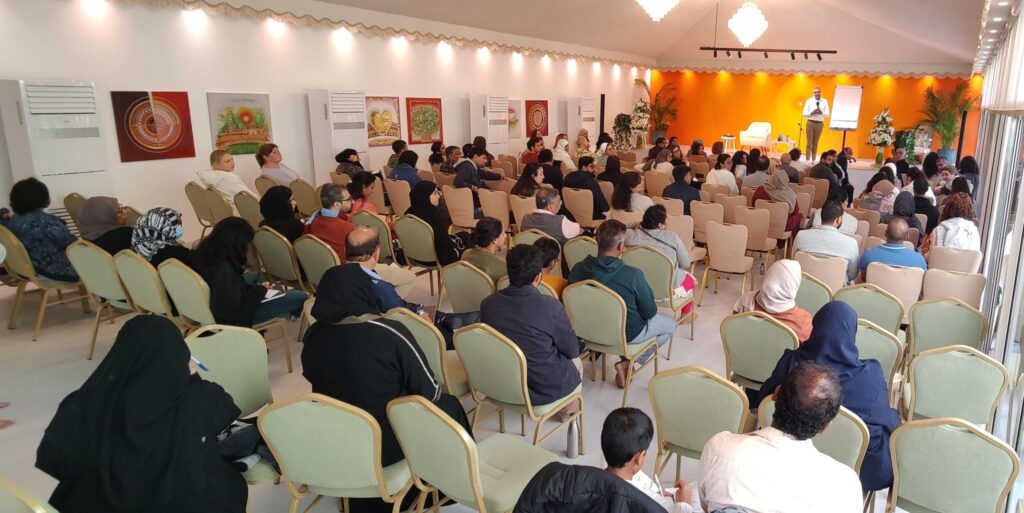


There was a time when I was a control freak and wanted everything and everybody to function in a certain way.
Change bothered me immensely.
I was as fragile as a glass, avoiding tough situations or breaking down while facing them.
That’s when serendipity led me to meditation.
It helped, to begin with, to stay calm, reduce my stress and manage my emotions but little did I know that it would have a profound impact on my personal growth by clarifying my raison d’etre.
As I look back, my heart gets filled with hashtag#gratitude for that first step and for that brilliant feeling that kept me going; while it may be #24 years now, practising and teaching meditation I believe that it is just the beginning and the journey continues…..
Glad to be in Bahrain on world meditation day!
Have you ever found yourself at crossroads, torn between standing firm on your beliefs and going along with the crowd?
We all face this dilemma at some point where we need to decide between prioritising what’s right over chasing the lure of popularity.
Faith is the quiet strength that fuels our convictions!
It is what gives us the courage to stick to our principles, even when the world around us disagrees.
Enthusiasm, on the other hand, is the energy that drives us forward, inspiring others and bringing joy to the journey.
But what happens when these two forces collide with the desire to fit in?
The truth is, seeking validation can sometimes lead us away from our true path.
Popularity may offer temporary satisfaction, but it often comes at the cost of authenticity.
Staying true to your faith might feel lonely at times, but it is a powerful act of selfrespect and integrity.
An epitome of such integrity is witnessed in Chariots on Fire. After 3 years of rigorous practice and Sacrifice, Eric Liddell refuses to run at the Olympics on a Sunday because it’s the Sabbath day-
https://lnkd.in/d4HctEVN
Imagine a cat, poised and confident, walking its path. It does not seek approval but follows its instincts, trusting in its sense of direction.
We can learn a lot from our feline friends too…
Faith in ourselves and enthusiasm for our journey can guide us through the toughest decisions, even when they are not the most popular ones.
So, next time you have to make a choice between being right or being popular, take a pause, access your core self, and let faith and enthusiasm be your guide.
Last week, I found myself in a situation that reminded me just how easily stress can creep into our lives.
I was juggling multiple meetings, trainings, deadlines were looming, and despite my best efforts to stay calm, I could feel the tension building up.
One morning, after barely getting through my to-do list, I realized something had to change…
It was then that I took a step back, observed the variety of thoughts I was engaged with, and applied some of the very techniques I share in my sessions on stressmanagement.
Simple things like breathing exercises, the ‘triple A technique’, reframing, and taking short breaks made a world of difference.
This incident reinforced the importance of not just reacting to stress but actively listening to it.
.
.
.
In a recent session, I conducted on stressmanagementandprevention, we explored some very crucial strategies in depth.
We discussed how to identifystressors early, implement effective copingmechanisms, and, most importantly, how to preventstress from becoming overwhelming.
If you are feeling the weight of stress, it is time to take action.
Reflect on your daily habits,
Recognize the signs, and
Equip yourself with tools to handlestress better.
Don’t wait for stress to take control, take the first step towards a calmer, better, and more focused you.
So,
How do you manage stress in your daily life?
What strategies have worked for you?
Let us share, discuss, and help each other.
Have you ever found yourself amid a thought that you know, without a doubt, will lead you down an unwanted path?
It could be a moment ofselfdoubt, a flash of negativity, or an instant feeling of overwhelm. The key to overcoming these detrimental thoughts is recognizing them immediately and taking swift action to change course.
Here is how you can turn it around:
Change it as soon as it emerges:
The moment you identify a useless thought, nip it in the bud.
Recognize its potential to derail your progress and consciously decide to let it go.
Create a better thought:
Replace that negative or unproductive thought with one that propels you forward.
Focus on positive, constructive ideas that align with your goals.
Be determined:
Cultivate a strong sense of determination.
Your willpower to stay on track and persist through challenges can make all the difference.
We often talk about personalitytypes and the impact they have on our behaviour and success.
While these categorizations can provide insights, they can also generate wasteful thoughts that limit us.
Pigeonholing ourselves based on personality types can lead to selfimposed restrictions.
Consider the diverse personalities of successful figures like SteveJobs, MarkZuckerberg, JeffBezos, WaltDisney, and RayKroc.
Despite their differing personality types, they all achieved great success.
Therefore, regardless of your personality type, you have the potential to make it big.
Yet, how often do we let ourselves get carried away by personality research and convince ourselves that we are unfit for certain pursuits?
Such wasteful thoughts can paralyze us, preventing us from making full-blown efforts in any direction, ultimately leading to failure.
If you want to achieve something, think positively in that direction.
Create a determined thought and pursue it relentlessly.
Are you ready to stop letting wastefulthoughts hold you back?
What steps will you take today to change the course of your thinking and create a better, more determined path to success?
How do you manage and overcome wasteful thoughts?
Share your thoughts and experiences in the comments.
From ‘Can I Really Do It?’ to ‘Yes, I Can’: The Power of Honest Conversations
Putting away a conversation with someone (manager, colleague, direct report or even a client) because it is difficult, can be severely damaging.
Research proves that having difficultconversations results in engaged employees, retaining talent, innovation and increased well-being.
Giving feedback is a typical example of a difficult conversation at the workplace.
I have noticed how this ‘tough job’ is poorly dealt with, at times never brought up and often relegated to HR.
Here are 7 steps to do it well:
1. Be timely – Don’t wait for too long, nip it in the bud!
2. Contextualize it – Spell out the situation in question where you noticed something amiss, and clarify why this is important and is being brought up.
3. Behavior – State the specific behaviour that caused an impediment
4. Impact – How has that impacted you, the team, and the business; be factual not threatening
5. Explore solutions – Ideally draw the solutions from them through skillful questioning.
6. Get commitment – Finalize a solution and seek commitment to an action.
7. Check-in – Keep a tab on how things are progressing
Facilitating a day’s workshop on ‘handling difficult conversations’ for one of the largest estatedevelopers in UAE was fascinating.
The day was filled with interesting case studies, role-plays, assessment tools and skill-building activities.
Every participant felt engaged and witnessed an internal shift from
‘Can I really do it?’ to ‘Yes I Can’!
In a world of constant distraction, finding moments of peace and clarity can feel like a luxury.
Yet, amidst the chaos, there lies profound wisdom in simplifying our lives and embracing a lighter way of being.
Beinglight does not merely relate to physical weight;
it is about lightening the burden on our minds and spirits…
allowing us to move through life with greater ease and grace.
It is about carrying only what is necessary and leaving space for more, whenever life calls upon us to adapt or grow.
So, what does it truly mean to be light?
Being light means having the capacity to be fully present
to ourselves,
to others, and
to the world around us.
It is about being available, listening deeply, and valuing each moment as it unfolds.
When we are not weighed down by unnecessary worries or distractions, we can assimilate new information, respond with clarity, and execute decisions with confidence.
But why should we strive for this lightness?
Because in the simplicity of being light, we find freedom.
Freedom from:
The incessant chatter of our minds,
The need to constantly strive for more, and the freedom to embrace the fullness of life as it is.
How then do we cultivate this lightness in our lives?
A. It starts with beingpresent, anchoring ourselves in the here and now, rather than getting lost in thoughts of the past or future. This way we can experience life more fully and engage with each moment with greater clarity and intention.
B. Being nonjudgmental is another key aspect of being light.
It is about accepting ourselves and others exactly as we are,
without getting caught up in criticism, comparison and negative competition.
When we release the need to judge, we create space for compassion, understanding, and connection to flourish. Additionally, we sense a huge burden get off our backs, and we instantly begin to relax!
C. Selfawareness is also essential for cultivating lightness.
Knowing ourselves, our strengths, weaknesses, and deepest desires, and being willing to explore the depths of our being. When we are self-aware, we can navigate through life’s challenges with greater hashtag#resilience and grace.
D. Regular moments of pause and reflection are important for maintaining lightness in our lives. Whether through meditation, journaling, or simply taking a walk in nature, these moments allow us to recharge, reset, and realign ourselves with what truly matters.
So, are you ready to lighten your load?
In doing so, you shall discover that true freedom lies not in having more, but in…
being more;
more present,
more open, and
unburdened by the weight of unnecessary baggage.
